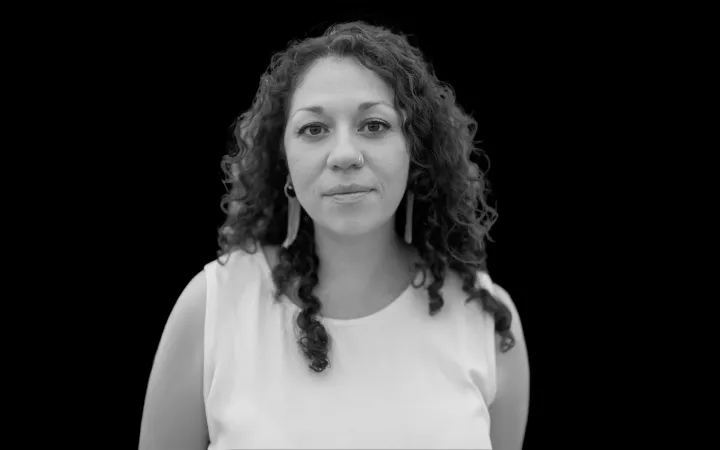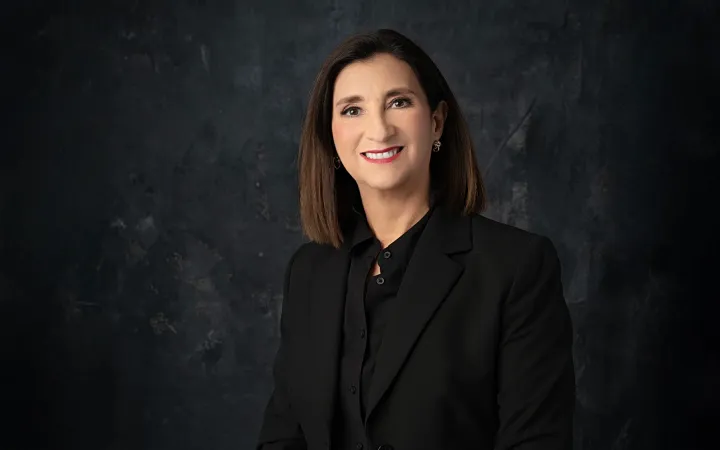
Por Raquel López-Portillo Maltos
Toda visita del presidente ruso, Vladimir Putin, debe ser vista como una mezcla entre lo transaccional y lo simbólico. Su más reciente viaje a Corea del Norte esta semana no es la excepción. La recepción organizada por el líder Kim Jong-un, parecida a momentos como sacada de un capítulo de Black Mirror, reveló lo que tienen por ganar cada una de las partes, así como algunas pistas de las intenciones subyacentes del encuentro.
En este sentido, la dimensión simbólica tiene varias aristas. Por un lado, se intenta enviar un mensaje poderoso de que ni Rusia ni Corea del Norte están tan aislados como a las potencias occidentales les gustaría. Al contrario, están dispuestos a desafiar el orden global establecido y demostrar que existen alternativas a la hegemonía occidental. Este acto de desafío se enmarca en una suerte de branding ideológico, con ambos países presentándose como baluartes de resistencia frente a la presión occidental. Así mismo, Putin nunca desperdicia la oportunidad de recuperar los reflectores, en este caso, los redirige hacia su figura tras la reciente reunión del G7 y la Cumbre por la paz en Ucrania.




